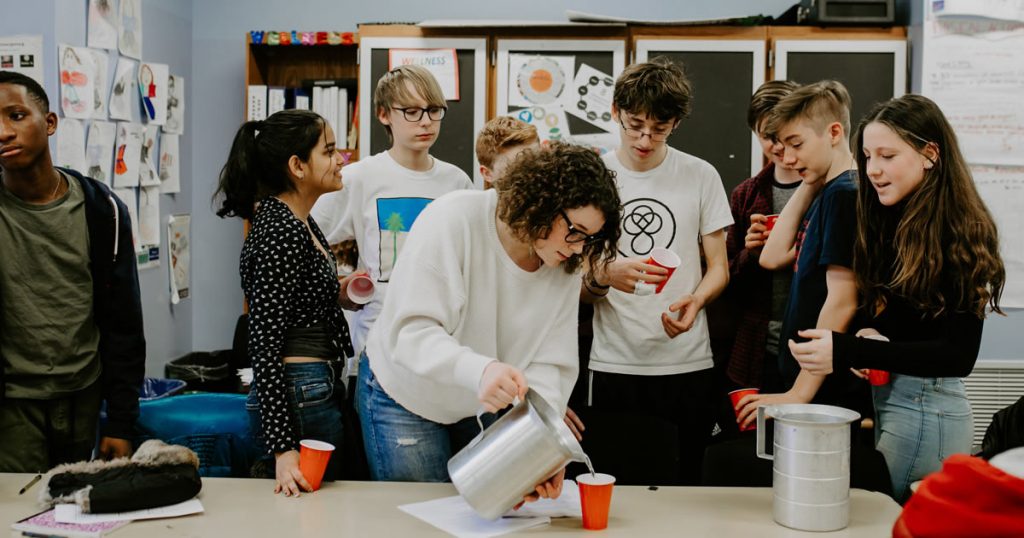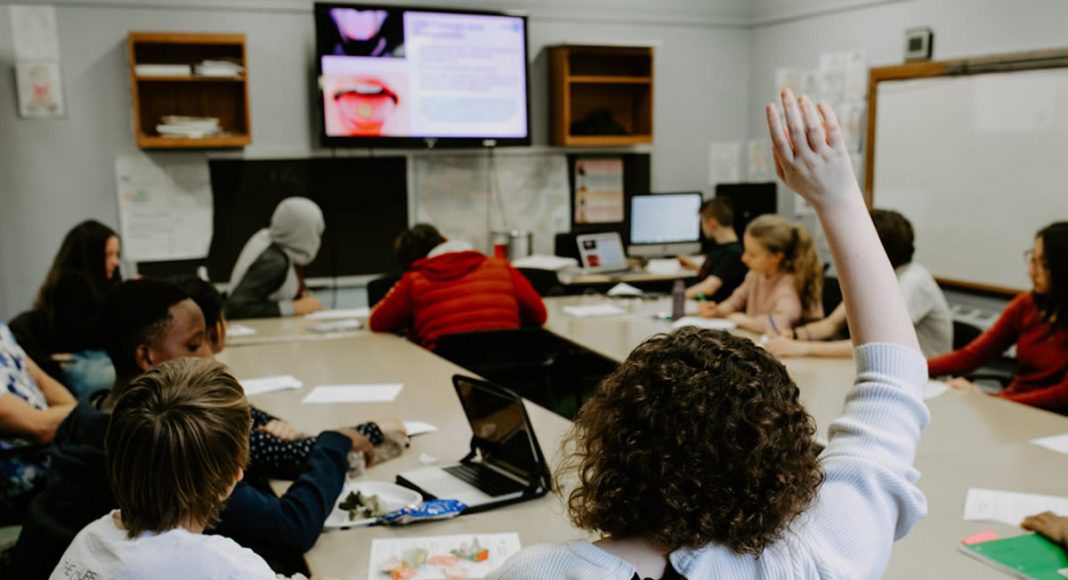How many years have we known that abstinence-based programs like D.A.R.E. fail to truly educate young people about drugs and that we need a replacement?
The answer: too many. But happily, now there’s an alternative: DPA’s Safety First: Real Drug Education for Teens.
Safety First started out as a resource for parents to talk to their teens about drugs and has now evolved into a curriculum designed to be implemented in ninth and 10th-grade high school health classes. It is based in the principles of harm reduction and consists of 14 interactive lessons covering how we define a ‘drug,’ how drugs work in the body, their effects, risks and benefits of five major drug classes, and the impact of drug policy on personal and community health.
Safety First is the culmination of almost 20 years of work in youth drug issues by DPA’s Dr. Marsha Rosenbaum, as well as many other DPA staffers. I am proud to have joined that group by guiding Safety First in its first real-world pilot and evaluation last month at Bard High School Early College Manhattan. For the first time ever in a U.S. public school, students are receiving a science and harm reduction-based education about drugs.
[Listen to this exciting conversation on the latest episode of DPA’s podcast Drugs and Stuff with the teacher who is leading these lessons.]
It was amazing to see the curriculum in action in the classroom. Already, countless valuable lessons have been learned. Here are a few highlights:
Teens Are Learning From Each Other
In contrast to D.A.R.E., where young people pledge an oath of abstinence to a police officer, students are learning, practicing and researching harm reduction skills with each other. They engage in dialogues about health, policy and advocacy. They’re asked to consider how and why these issues affect them as individuals, but also to grapple with their impact on a community level, including communities most harmed by the drug war.
-
Related Story: What Your Kids Really Need To Know About Legal Marijuana
Led by the health teacher, students in the pilot classrooms at Bard were engaged and talkative (in a good way!) during every lesson. In many instances, they challenged each other and learned from each other’s points of view.
Empowering Students To Make Responsible Choices
A parent emailed DPA a few months ago — he’d been devastated by his son’s overdose death. His son died in the presence of friends because they believed they would get in trouble if they called 911. He became impassioned about informing every young person in his state about 911 Good Samaritan laws, which may have saved his son.
Safety First guides students to research their states’ Good Samaritan laws. Students are also taught how to place their fellow students in the recovery position. They watched a video about how to recognize an opioid overdose and how naloxone can save lives. They learned about the benefits and limitations of drug checking after completing an activity where they tried to choose the “right” drink from a pitcher filled with salt water versus one filled with sugar water.

Teens Ready And Willing To Discuss Drug Policy
Students didn’t miss a beat during the Health, Policy and Advocacy lesson. They could grasp the topic and its complexities as they explored numerous ways to approach drug use and drug policy in the U.S. that would focus on health, rather than criminalization.
The curriculum respects each student’s values and takes no position on any particular policy or reform effort. What Safety First does do is help students explore how a policy is made and what it takes to change it. Students can develop any perspective on drug policy they like, but all must engage in the rigors of research and critical thinking, and test and defend their perspective with their peers. The policy-centered lessons had some of the most lively conversations and debate!
What’s Next?
We’ve developed a tool that follows the best practices of public health and education while also respecting the intelligence and potential of students. Their responses and engagement in the classroom tell us that this is exactly the kind of curriculum they’ve been wanting, and the one the country has been needing.
If you’re excited about this future of drug education in the US, please sign up to find out more about the public release of the Safety First curriculum, which should be coming in fall 2018.
Sasha Simon is the Safety First program manager at the Drug Policy Alliance.


